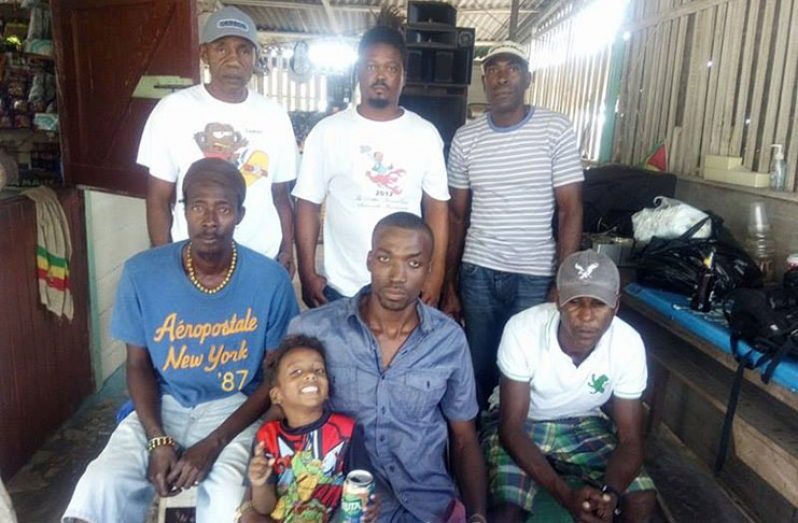Over 300 Region 10 farmers are calling on President David Granger’s Administration to legalise hemp, contending that industrial production of the herb will create jobs for the hundreds of unemployed youths across the region.
And importantly too, being a green initiative, it will complement the Government’s push for a green environment and a green economy, they contend.
The farmers, who formed themselves into a group called the Region 10 Industrial Hemp and Agricultural Farmers Corporation, are peeved that the “beneficial herb” is illegal even though communities, the economy and environment can benefit tremendously from it.
Group Chair, Aaron Gardner, claims that hundreds of farmers in Region 10 want to cultivate the herb but are holding back since it is illegal.
Executives of the group are of the opinion that there was a misunderstanding in the existing legislation which deemed industrial hemp- which is a genus of cannabis- illegal.
In 1961, the United Nations Single Convention on Narcotic Drugs made a very specific distinction in the Control of Cannabis Act where there was an exclusion of industrial hemp (cannabis sativa) from all cannabis legislation within member states, as its demonisation since the late 1930s was deemed a grave injustice done to mankind.
“This convention shall not apply to the cultivation of the cannabis plant exclusively for industrial purposes (fibre and seed) or horticultural purposes,” Section 2, Article 28 of the Act stated.
In 1988, the Guyana Narcotic Drugs and Psychotropic Substances Control (NDPSC) Act was drafted and though it gives recognition to the United Nations Single Convention on Narcotic Drug, it did not specifically exempt industrial hemp.
In fact, there was a contradictory definition on page 8 which states, “Cannabis means any plant of the Genus Cannabis, by whatever named called, and includes any part of that plant; and cannabis resin means separated resin, whether crude or purified, obtained from cannabis.”
Noting this contradiction, the farmers are further convinced that the law was mistakenly drafted since there were Government sanctioned pilot projects of hemp at Timehri, Kimbia and the Ministry of Agricultural Research Station at Mon Repos.
POSSIBLE CHIEF CROP
The group strongly believes that industrial hemp can become the chief cash crop of Region 10, ushering a period of great economic and environmental benefits to the region.
With no large-scale job creation in Linden and consistent with the President’s continuous call for persons to go into agro-processing and other value added, the farmers are confidents that industrial hemp production is the way to go.
And on this note, they are calling on the President to grant them 10, 000 hectares of farmlands at Ebini, Kimbia and Kibilibiri located in the Upper Berbice region of Region 10 for cultivation.
Processed industrial hemp can be used for large-scale production of bio-fuel, the farmers claimed, pointing out that if legalised, the herb will not only power but empower the region.
In addition to fuel, hemp, when value is added, can produce, vehicles, textiles, food products, building materials, medicine and solar panels, among other things.
“Right about now the hemp market in the USA is close to US$500M a year and this is just in the USA alone, they have all these other different places. The scope and demand are more than the supply because it diverse itself into so many industries, automotive, food, plastics,” Gardner said.
Hemp cultivation is also used in the detoxification of the air and soil.
“Hemp makes biodegradable materials whereby within 80 days it can disseminate itself and go back into the atmosphere without emitting any carbon dioxide or things like that; it is environmentally friendly, and the Government is going in this direction. When you produce an acre of hemp, it replenishes the earth, the benefits outweigh the harm,” Public Relations Officer Cleon Sears said.
“This project will bring the good life to us, you can’t talk about good life and not talk about hemp,” Co Chairman Seaton Gilbert affirmed.
The members have already sent a petition to President Granger and are hoping that he sees the benefits that will be derived, most importantly the large-scale job creation for scores of unemployed youths in Linden.



.jpg)










